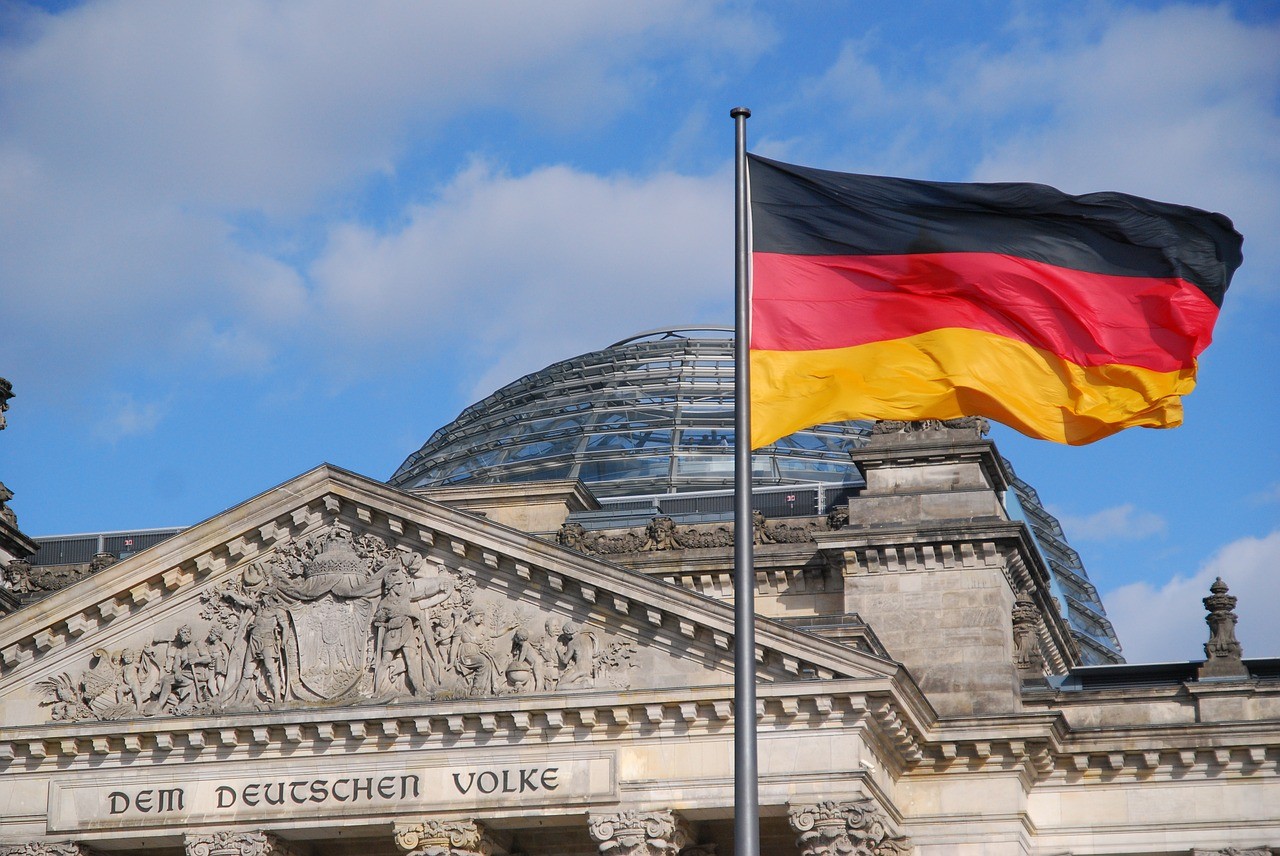“After all, for the refugee it doesn’t matter whether they die at the Greek or German border.”
This statement by AfD candidate Günter Lenhardt is one of the many racist and downright inhumane statements made by members of Germany’s far-right party Alternative für Deutschland (Alternative for Germany). Founded in 2013, the Eurosceptic party has been regarded as Germany’s “anti-immigrant party” since gaining popularity in 2017, largely owing to support from those opposed to Chancellor Angela Merkel’s immigration policy during the 2015-16 refugee crisis. With its “anti-Islamization” agenda, neo-Nazi sympathies, and statements of climate denial, the AfD became the first hard-right nationalist political party to make it into Germany’s federal government since the Second World War. Fast-forward to just a week ago and news has leaked that Germany’s domestic intelligence will put the AfD under surveillance for suspected links to extremism that potentially pose a threat to democracy.
Germany’s Nazi history has prompted the country to include safeguards in its postwar political structures that would protect the country’s democracy against the rise of authoritarian political forces. One of these safeguards is the Bundesamt für Verfassungsschutz (BfV, the Federal Office for the Protection of the Constitution) and for the past two years it has kept a close eye on AfD’s speeches and social media posts collecting evidence of extremism in the party’s program and public appearance. Having combed through thousands of speeches and statements of AfD’s functionaries, the BfV concluded in a 1100 pages long assessment that the party was in violation of multiple principles of Germany’s democratic constitution. Not least of these is Article 1, which states that human dignity is unassailable. Some of AfD’s past statements investigated in the assessment include the party’s demonisation of Muslim immigrants, their verbal attacks on the press, their dismissal of the Nazi era and the culture of Holocaust remembrance, their expression of sympathy for the storming of the US Capitol in January and their own prompting of aggressive protests, including last year’s violent demonstration when AfD protestors forced their way into the Bundestag building.
As mentioned before, the BfV has long been monitoring the AfD, especially some regional branches, such as those in Saxony and Brandenburg, and last year the BfV succeeded in disbanding the party’s most radical far-right faction Der Flügel associated with Björn Höcke. However, despite its formal dissolution, Der Flügel continues to be increasingly influential within the party, according to BfV president Thomas Haldenweg. BfV’s recent decision to put the whole of the AfD under surveillance thus extends the spotlight to all members of the party, essentially just about stoping short of formally classifying the party as extremist.
With Bundestag elections that will determine the new government in September, elections which could see a restructuring of the government after 16 years under Chancellor Merkel, members of the AfD responded with outrage upon the BfV’s decision and proceeded with legal measures. In January and again in February, the courts ruled in favour of the BfV, allowing it to proceed in its investigations of the party on the condition that the intelligence service would not make the party’s status public. However, two days after news of the surveillance case were leaked, a court in Cologne has for the time being barred the BfV from placing the AfD under surveillance based on the German constitution’s principle of equal opportunities for all political parties. The party welcomed the ruling and stated that the BfV’s proceedings were a deliberate attempt to put them at a disadvantage in the election campaign through exploitation of state procedures.
The legal battle is, however, still ongoing and it istrue that if the BfV should prevail in the legal proceedings and classify the AfD as an extremist entity, it could significantly damage the party’s credibility, especially with conservative voters who might not want to continue supporting a party considered by the authorities as a threat to the German state. Represented in all 16 state assemblies and controlling 88 of 709 seats in the legislative body, the AfD remains the largest of four opposition parties in the national Parliament of a country where right-wing extremism poses “the greatest threat to security” according to German Interior Minister Horst Seehofer. At the moment, the party’s support amounts to about 9%, which, as Noam Chomsky observed in relation to the rise of neofascist parties in Europe, is quite chilling, given the fact that in 1928 the Nazis won less than 3% of the vote in Germany.

